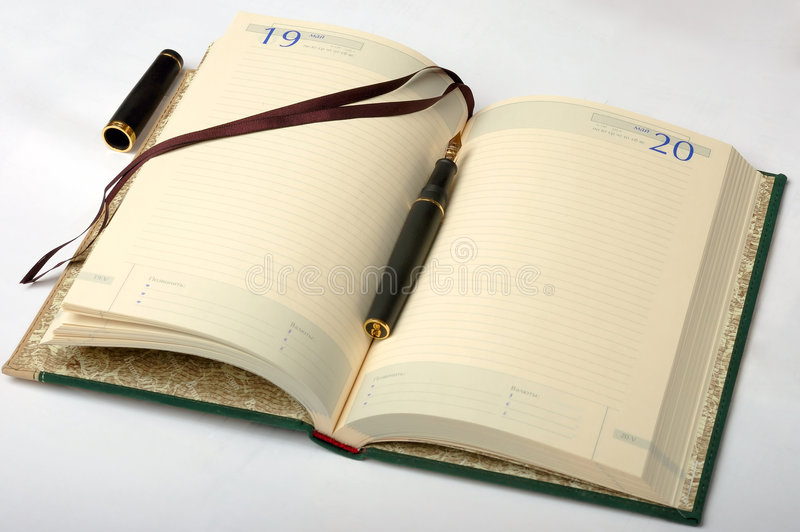 Journaling is very big. Everyone from therapists to staff sergeants are recommending it. Likewise there are all kinds of journals. There are food, dieting, workout , writing , prayer , dream , travel, reading, gratitude , pregnancy and creative writing journals, just to name a few.
Journaling is very big. Everyone from therapists to staff sergeants are recommending it. Likewise there are all kinds of journals. There are food, dieting, workout , writing , prayer , dream , travel, reading, gratitude , pregnancy and creative writing journals, just to name a few.
Journaling is popular for a very good reason. It is a very helpful and effective way to clarify , organize and focus one’s thoughts as well as to ventilate and expel intense emotion which can cloud or distort thinking. Best of all , this age old practice can be done by anyone no matter your age , level of education or economic status.
In addition to individual journaling, there is another type of journaling which does not get as much attention as it deserves which can be a very important tool for couples who are having trouble with communicating with each other. It is called marital journaling (MJ). With MJ, partners share one journal and take turns messaging and responding to one another by writing in the diary-like volume that they share.
Writing messages is useful because, rather than speaking face-to-face, it has been found to be a less provocative way for highly reactive couples to “talk” constructively about issues which they disagree. MJ is an effective alternative to face- to-face talking for couples who frequently argue and are frustrated because areas of disagreement go unresolved . Indeed, for couples whose attempts to negotiate bog down into personal attacks, taking turns composing reasonably thought out messages in a journal can provide immediate relief which leads to greater communication and understanding between the partners . Here’s how it works:
Marital journaling works because there is a lag time between each volley of comments. This space has two benefits:
1) It reduces the chances of either partner becoming unreasonable ; and
2) gives the responding person time to recover from a fearful/angry state in which reasonable discourse is impossible, should one occur. Put neurologically, the space created by journaling calms the amygdalic hi-jacking of the neo-cortex and allows the re-accessing of the neo-cortex if the connection is broken.
All couples need to do to try marital journaling is buy a diary and designate a place where it will reside. Sometimes couples flip a coin to see who begins. At other times, one partner has something that s/he really wants to raise. A partner takes the journal and makes an entry and, when it is finished , the book is returned to its home. When the other partner sees that the journal has been returned, s/he is free to respond and so on.
There is one distinguishing difference between marital journaling and other types of journals which is important to remember. While individual journaling is intended to be raw and uncensored, in order for marital journaling to work , it must be written in a way that is respectful and which avoids abusive or attacking language. The purpose of marital journaling is the very opposite of individual or primary process writing. The purpose of Individual reflection is to access and ventilate unpleasant /authentic experience no matter how foul or obscene.
Marital journaling, on the other hand, uses respectful I-statement rules to communicate personal perceptions,feelings and wishes. Unlike primary process journals, which are often emotion filled , marital journal entries need to filter out exaggerated or distorting emotion and speak with a calm and rational tone.
A good way to prepare to make an entry in a marital journal is for each partner to write in their own personal journal before writing in the marital journal. Personal journaling will wring out intense or hostile emotions and allow each partner to approach difficult issues in a more rational state of mind.
Although I have used the term marital journaling, I hope it is obvious that one need not be married to employ this helpful technique. If you and your partner have become frustrated by unsuccessful attempts to deal with difficult conflicts which lingered over the years or if you find that you often get into an unpleasant and unproductive arguments, you may want to consider giving marital journaling a try.
If you’d like to learn more about marital journaling, give me a call or contact your local mental health professional.
Rev. Michael Heath, LMHC , Fellow AAPC 9 15 2020
Image attribution and acknowledgment : dreamstime.com/diary2218181jpg



